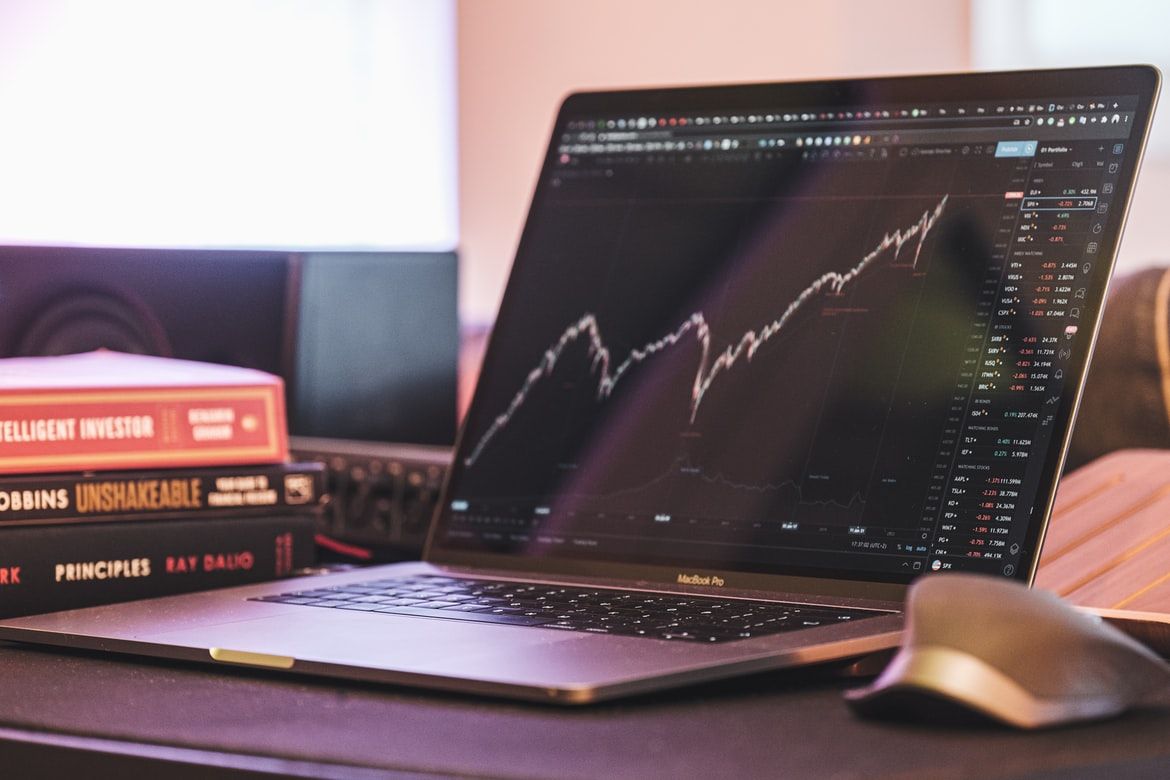The foreign institutional investors (FIIs) bought shares worth a net Rs 1061.88 crore, while domestic institutional investors (DIIs) sold shares worth a net Rs 768.45 crore in the Indian equity market on August 10, as per provisional data available on the NSE.
Also Read| Why Elon Musk sold Tesla shares worth $6.9 billion
In the month of July 2022, FIIs sold shares worth a net Rs 6,567.71 crore while DIIs bought shares worth a net Rs 10,546.02 crore.
Also Read| US inflation rate slips from 40-year peak | A timeline: 1930-2022
The BSE Sensex slipped 35.78 points or 0.06% to 58,817.29 and the Nifty was up by 9.65 points or 0.06% to 17,534.75 on Wednesday.
Also Read| RBI’s first set of rules for digital lending released: Everything to know
The BSE Sensex touched a high and low of 58,984.32 and 58,583.36, respectively. There were 13 stocks advancing against 17 stocks declining on the index.
Also Read| US CPI inflation drops to 8.5% in July, beats expectations
The NSE Nifty traded in a range of 17,566.10 and 17,442.80. There were 30 stocks advancing against 20 stocks declining on the index.
Also Read| Snapchat setting stage to lay off employees
FII stands for ‘foreign institutional investor,’ and refers to an investment fund or an investor who puts their money into a country’s assets while being headquartered outside of it.
Also Read| Closing Bell: Sensex falls 36 points, Nifty up 9 points
In India, this is a commonly used term to refer to outside entities contributing to the country’s financial markets by investing.
Also Read| Iran places first import order worth $10 million using cryptocurrency
On the other hand, ‘DII’ stands for ‘domestic institutional investors.’ Unlike FIIs, DIIs are investors that invest in the financial assets and securities of the country they are currently residing in.
Also Read| RBI monetary policy committee meet: Key highlights
These investment decisions of both FIIs and DIIs are impacted by political and economic trends. Additionally, both types of investors — foreign institutional investors (FIIs) and domestic institutional investors (DIIs) — can impact the economy’s net investment flows.







